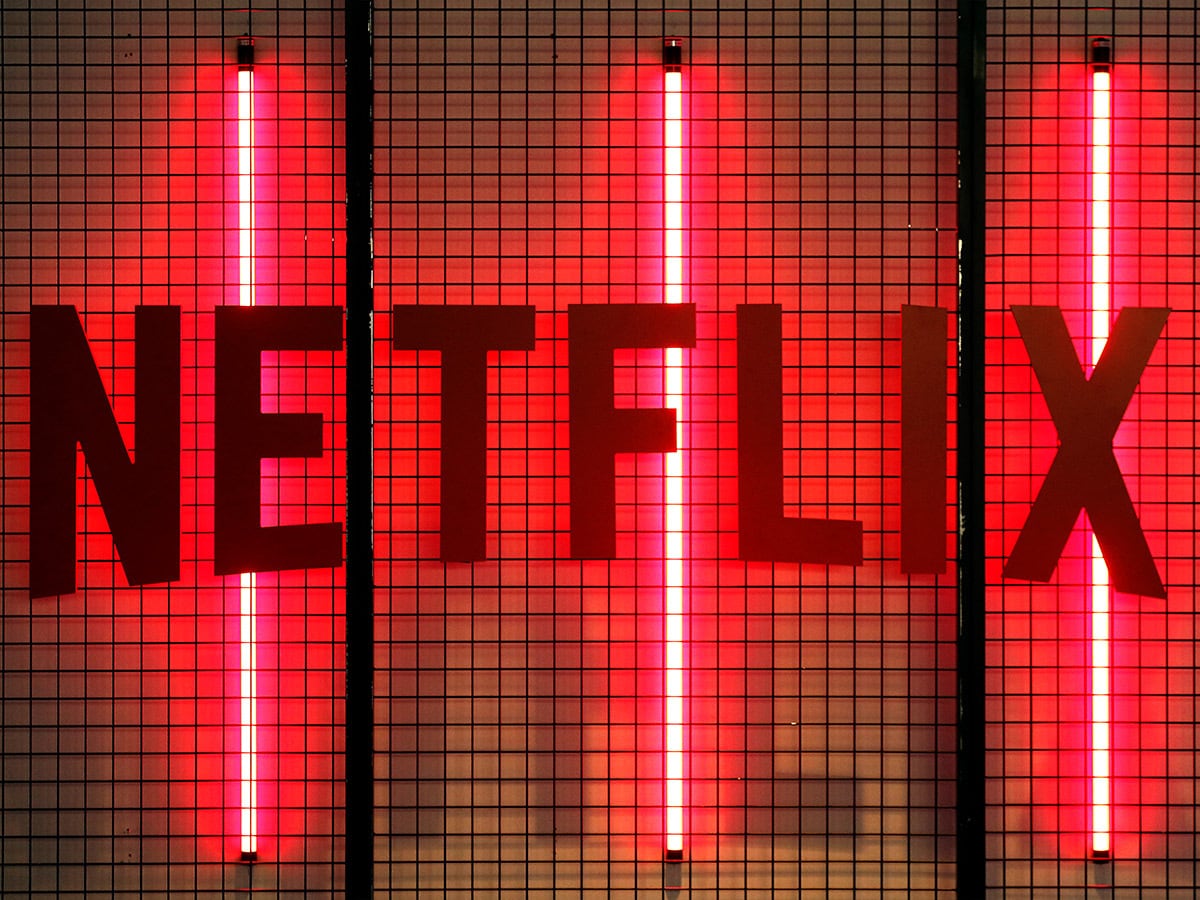It’ll take more than blockbuster earnings to get Netflix’s [NFLX] share price back on investors' watchlists. The stock dropped over 3% last week (as of 28 January’s close), despite smashing earnings expectations the previous week.
Yet Netflix’s share price could be a bargain. Last Wednesday the stock briefly popped after veteran investor Bill Ackman Pershing Square revealed it had snapped more than 3.1 million shares, putting the hedge fund among the streamer’s top 20 shareholders. According to CNBC, Ackman began buying the dip in January following the steep selloff and drop in subscriber growth.
With subscriber numbers for 2021 halving from 2022, is the pandemic-fuelled rate of subscriber growth tapering off? Or is Ackerman right and now is a good time to be picking up the stock on the cheap?
Netflix share price hit by slowdown in subscriber growth
Netflix’s share price has had a torrid January. Over the month, the stock has declined over 37% to close Friday at $384.36. The obvious catalyst is the tech selloff with investors getting jittery on holding potentially overvalued growth stocks as the Fed mulls multiple interest rate hikes. The other catalyst is a slowdown in subscriber growth.
Despite the streamer being behind the top 9 most popular shows available across streaming platforms, it seems that’s no guarantee of growth. In the fourth quarter 2021, Netflix lumped on an additional 8.3m subscribers - and this during the quarter that it released Squid Games.
“Squid Game came out a week before [Q4] started, but the biggest hit of all time on Netflix was not enough to add subscribers,” said Laura Martin, an analyst at Needham & Co.
And despite releasing the latest series of Karate-Kid inspired Cobra Kai and The Witcher in December Netflix is guiding for a dismal 2.5m new subscribers for the first quarter of 2022. Analysts had been expecting 6.93m.
“[The] biggest hit of all time on Netflix was not enough to add subscribers” - Needham & Co. analyst Laura Martin
The problem has been bubbling for some time. In third quarter 2021 results r Netflix’s subscriber numbers were up 9.4% year-on-year, but well below the 23.3% growth seen in Q3 2020. Those double digit gains have much to do with the pandemic when ‘Netflix and chill’ was one of the few entertainment options on offer for those stuck in doors.
Netflix isn’t alone in facing up to slowing growth numbers with Disney+ reporting a similar phenomena after gangbusters growth following its launch in 2019.
How can Netflix’s share price grow?
All this throws into question just how stable Netflix's business model is. This year it has earmarked a staggering $17bn on new content, up 25% year-on-year. But considering that other streaming giant Disney [DIS] is spending around $33bn on content, and Amazon [AMZN] is increasing its budget - including $465m on a Lord of the Rings series - the heavy spend will take a toll on the bottom line.
And that’s one area Bill Ackerman might look into. The Los Angeles Times quotes Constellation Research’s Ray Wang as saying the veteran investor could look at presussuring Netflix to reduce spend on content to drive up the share price.
$17.6billion
Netflix's content budget for 2022, well-below Disney's $33bn
Another option Netflix could pursue is to up prices in its international markets. In the US and Canada the company increased its subscription prices in January, its fourth since 2014, which could help the bottom line next quarter. Other locations could follow suit - in the UK, Netflix standard package costs a not unreasonable £9.99 a month, while the premium service is £13.99. Considering Netflix’s user base, even a fraction increase would represent a substantial windfall.
In terms of what investors should watch out for, subscriber retention could become an increasingly important metric. The billions spent on new content in the past may have helped bring in subscribers, but in the future it will become more important to reduce the number of cancelled subscriptions, ensuring there is always something new to watch.
Where next?
“Netflix is a primary beneficiary of the growth in streaming and the decline in linear TV driven by its superior customer experience, a vast and diverse amount of superb, constantly refreshed content, global improvements in bandwidth, and the proliferation and continuous improvement and convenience of devices on which one can watch,” Bill Ackman said in a note to investors.
Ray Wong told the LA Times that Ackerman makes investments in companies when ‘things are depressed’, adding that Ackerman will “find a way to drive up [Netflix’s share price] his way.”
Considering the size of Netflix, it’ll be interesting to see how proactive Ackerman becomes in influencing the business. However, investors should take some cheer that despite the recent losses, one of the most successful investors of all time is backing the streamer at its reduced price.
Among analysts polled by refinitiv, Netflix’s share price has a $540 average price target, suggesting a 40.5% upside on Friday’s close. The highest target is $735, which would see a 91.2% return, while the lowest is $330, a 14% decline.
Continue reading for FREE
- Includes free newsletter updates, unsubscribe anytime. Privacy policy





